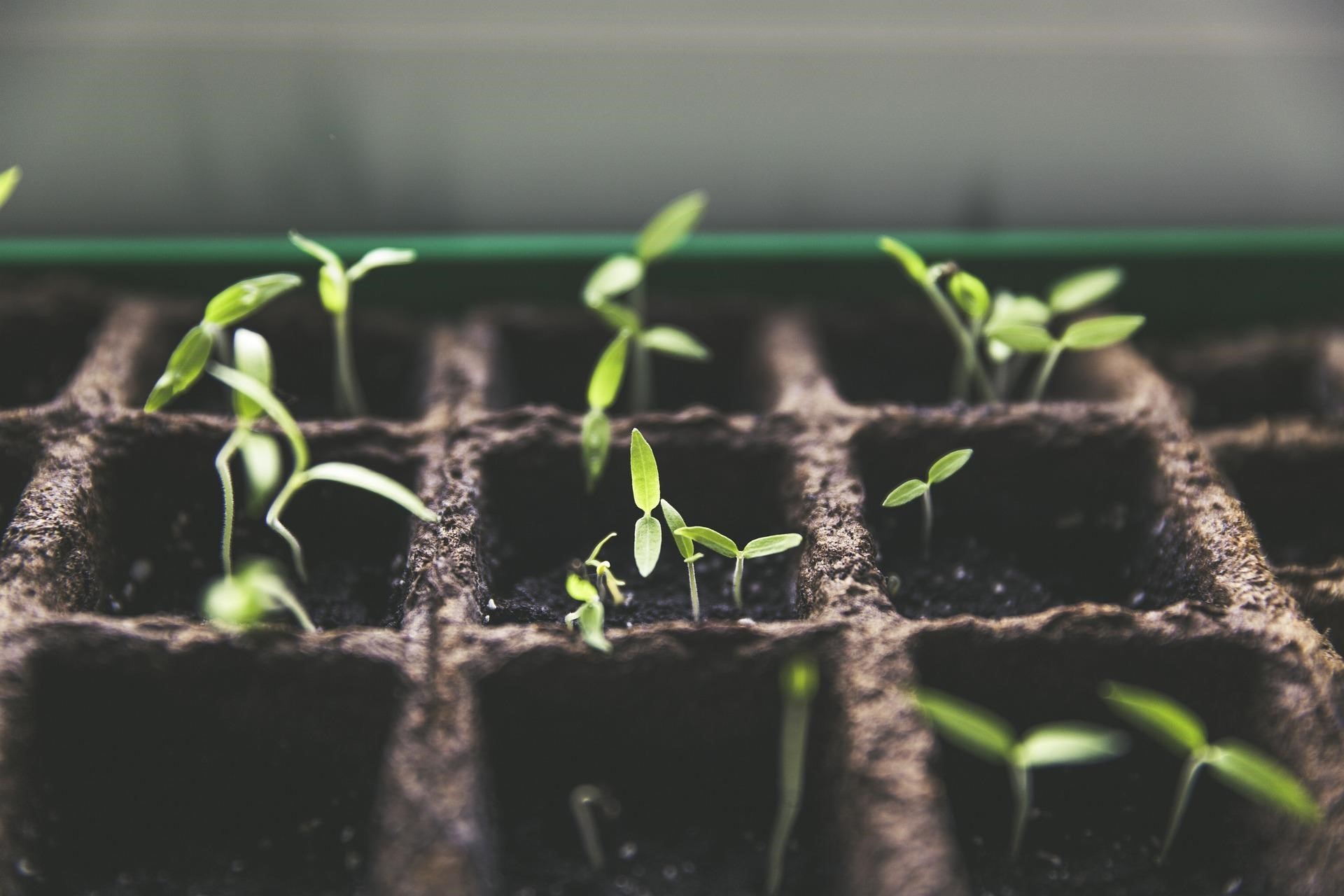By Nikita Naina Kalita | Jun 14, 2023

What is Plant Breeding or Genetics?
Plant breeding and genetics are closely related fields that focus on improving plant characteristics through controlled breeding and genetic manipulation. Plant breeding is the process of selecting and crossing plants with desirable traits. It helps in creating new plant varieties that are better suited for specific environments or purposes. This process may require several generations to complete.
Genetics studies how traits are passed down from generation to generation. By understanding the genetic makeup of plants, plant breeders can manipulate genes to create plants with specific traits
What do plant breeders and geneticists do?
Plant breeders and geneticists are agricultural and plant science scientists. Their primary goal is to develop new plant varieties with desirable properties such as increased yield, disease resistance, and nutritional value.
Plant breeders develop new varieties through various methods, including traditional breeding and modern genetic engineering. Producers of offspring with a combination of desirable traits across different plants evaluate them to select the most desirable characteristics for further breeding.
Degrees in plant breeding and genetics:
A bachelor’s degree in a related field, such as plant science, genetics, biology, or agricultural science, is typically required to become a plant breeder or geneticist. Many employers often prefer candidates with advanced degrees, such as a master’s or Ph.D. Among them are:
1. Bachelor of Science in Plant Breeding and Genetics
This four-year undergraduate degree program focuses on plant genetics, breeding principles, biostatistics, molecular biology, and plant physiology. Students in this program learn how to use genetic principles and biotechnology tools to improve crop production, develop new plant varieties, and solve plant health and sustainability problems.
2. Master of Science in Plant Breeding and Genetics
This graduate-level degree program builds on the foundational knowledge gained in a bachelor’s degree program in plant breeding and genetics or a related field. Advanced coursework in plant genetics, breeding methods, biostatistics, plant molecular biology, and research is typically included in the program.
3. M.Phil. in Plant Breeding and Genetics
A two-year postgraduate research program focusing on plant genetics and breeding. The program aims to help students advance their knowledge of plant breeding, genetics, and related fields like crop improvement, molecular genetics, genomics, bioinformatics, biotechnology, and plant physiology.
4. Plant Breeding and Genetics Certificate Courses
These courses designed for the Plant Breeding and Genetics Certificate provide fundamental knowledge and practical skills in genetics and plant breeding. Plant breeding principles, genetics, biotechnology, crop improvement, and plant physiology are topics covered in these short-term courses, typically lasting a few weeks to several months.
Jobs in Plant Breeding and Genetics
Individuals with Plant Breeding and Genetics expertise have several job opportunities. Some potential career paths in this field include:
1. Plant Breeder
A plant breeder works to create new plant varieties with desirable characteristics such as increased yield, disease resistance, and tolerance to environmental stress.
2. Geneticist
A geneticist studies plant genetics and works to identify genes responsible for desirable traits. They may also create new genetic tools and techniques to aid plant breeding.
3. Research Scientist
A research scientist researches plant breeding and genetics to develop new technologies and crop improvement techniques.
4. Seed Production Manager
A seed production manager oversees producing and distributing of high-quality seeds for agriculture and horticulture.
5. Biotech Researcher
A biotech researcher uses biotechnology tools and techniques to develop new plant varieties and increase crop productivity.
6. Agriculture Consultant
An agriculture consultant provides expert advice on plant breeding and genetics to farmers, agribusinesses, and other organizations.
7. Professor/Lecturer
A professor/lecturer in Plant Breeding and Genetics teaches and conducts research in academic institutions.
In summary, choosing a career in Plant Breeding and Genetics can be an exciting and fulfilling option for individuals interested in agriculture, biotechnology, and genetics. With the increasing demand for food production and the need for sustainable agricultural practices, there is a growing demand for plant breeding and genetics experts. Whether pursuing a degree program or a certificate course in Plant Breeding and Genetics, numerous career options are available. Plant breeders or geneticists to a research scientist, seed production manager, or biotech researcher are some of them. A career in Plant Breeding and Genetics can not only be rewarding, but it can also significantly contribute to society by increasing crop productivity and food security.




